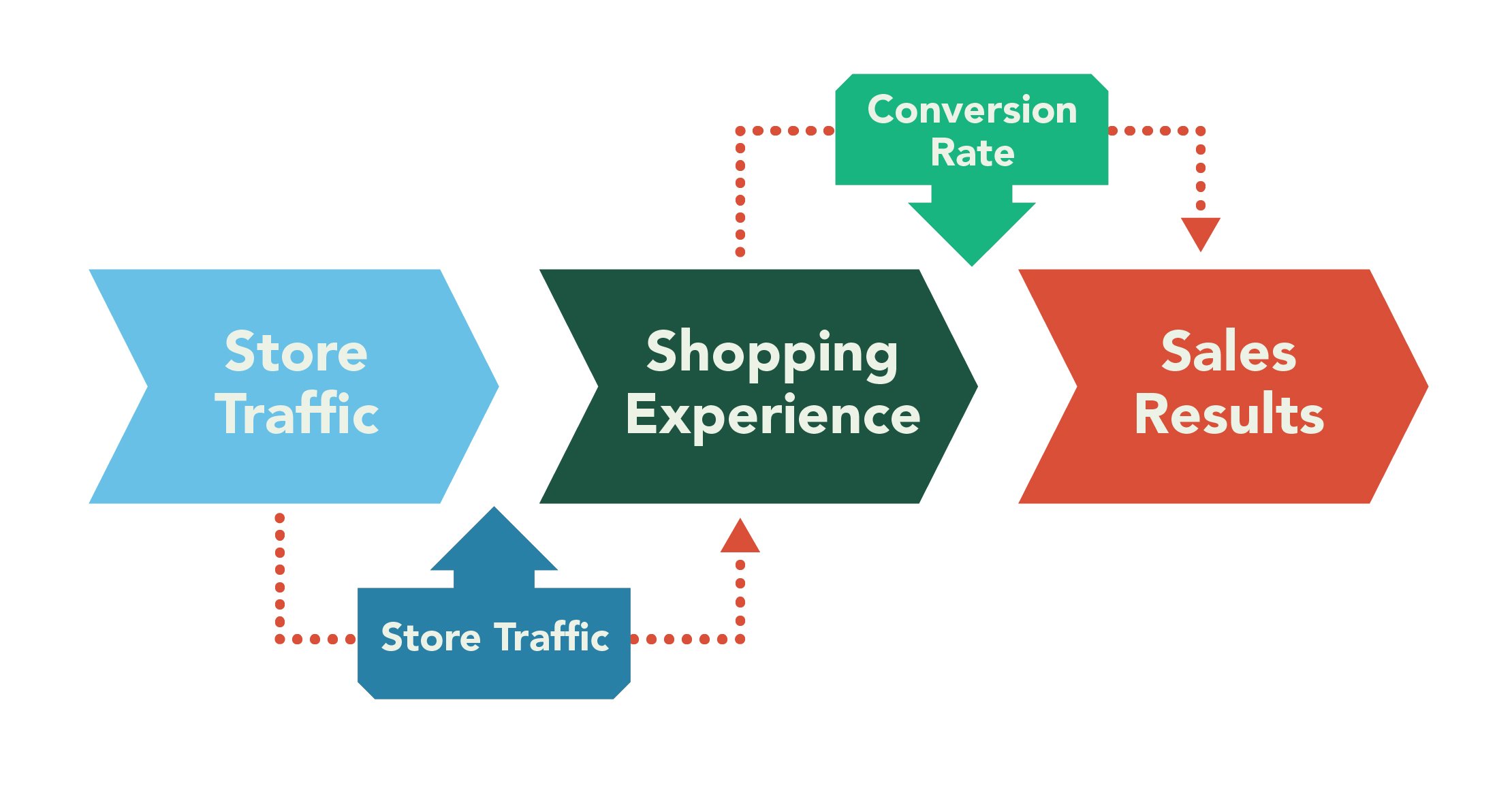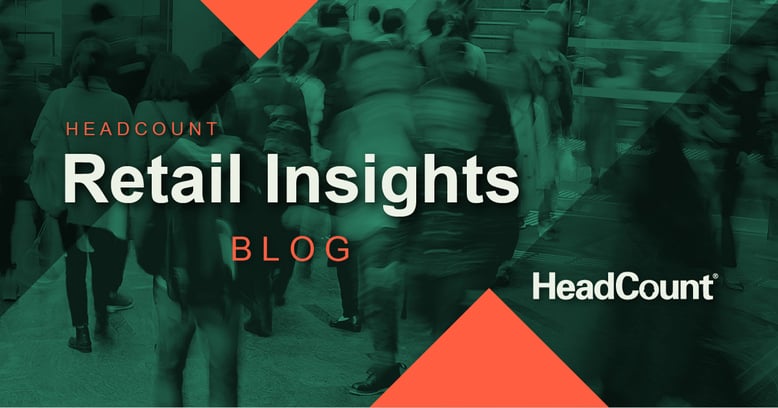These retail blind spots are making you miss your sales targets
The pressure to drive sales is on. But you’ll never get there if you can’t lose the blind spots that keep you from key operational insights that can help you make better decisions and deliver better results.
Your store teams need to drive sales -- but before that can happen it all starts with a shopper visiting one of your stores and then have a shopping experience of some kind. And if it’s a positive one then, and only then, does it turn into a sale.
In this short video example, we highlight where and how the operational blind spots can interfere with your sales results and the formula to help increase productivity and sales outcomes:
- Sales are merely the outcomes that result from the traffic opportunity and your stores’ ability to convert that traffic into a sale. Only with traffic can you understand how big your sales
opportunity is. The traffic count eliminates the first blind spot. - Traffic counts actually eliminate the second blind spot too. A conversion rate is calculated by dividing sales transaction counts by store traffic counts. Without traffic counts, you simply can’t do the math.

- By understanding store traffic and conversion rates, you will fully understand what’s driving your sales outcomes (or lack thereof). These two variables alone really help you define how productive
your chain is as a whole and each individual store’s productivity. - Another way to think about this is to say that traffic defines the store’s sales opportunity size. It’s the context in which you should be considering the store’s performance.
“If you don’t know your traffic count, you don’t know when shoppers will be shopping, and without conversion rates you don’t know how well you are serving your customers. Blind spots are guaranteed to be killing sales.” Mark Ryski
Productivity relates to the things that store level personnel most directly influence: conversion rates and/or average sale values.
Sales are only a function of three things:
- The amount of store traffic the store receives
- The percentage of shoppers who actually make a purchase, or conversion rate
- Average sale value, or how much each shopper actually buys
Store personnel have the most impact on conversion rates and in-store sales values. These are the things that they can most greatly influence since they’re the ones who are delivering the service right at the point of transaction.
Do you have questions about how traffic data might help you sell more?

Download a PDF of this Blog. Download it here.

